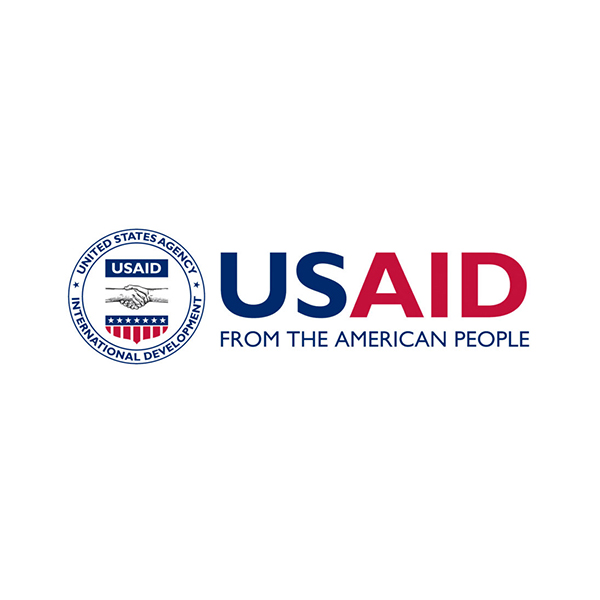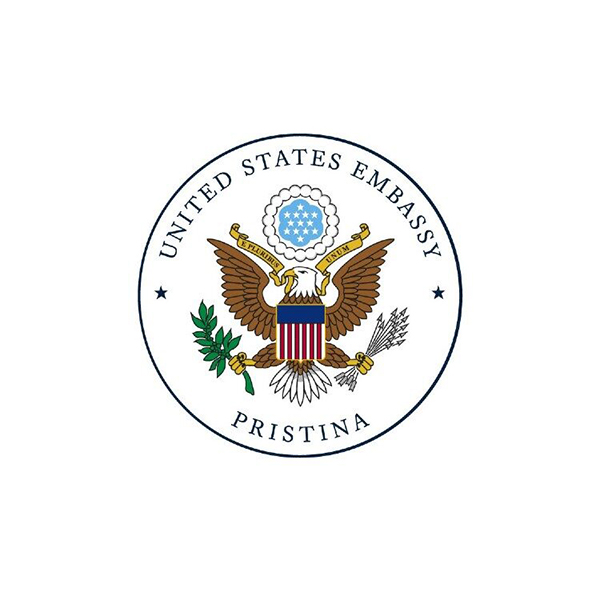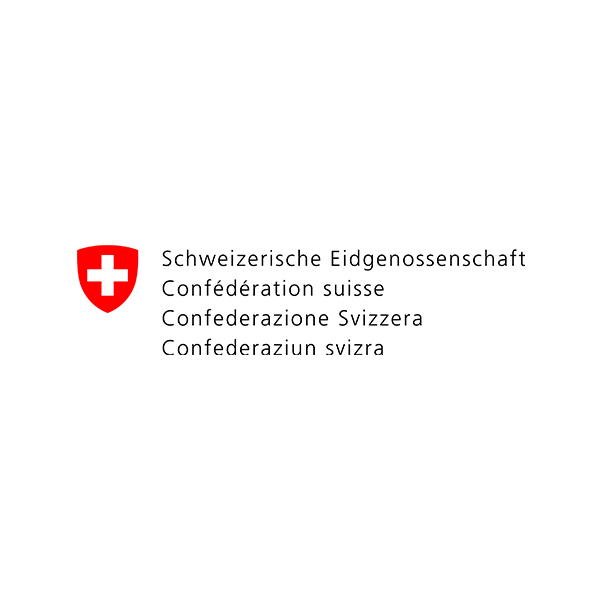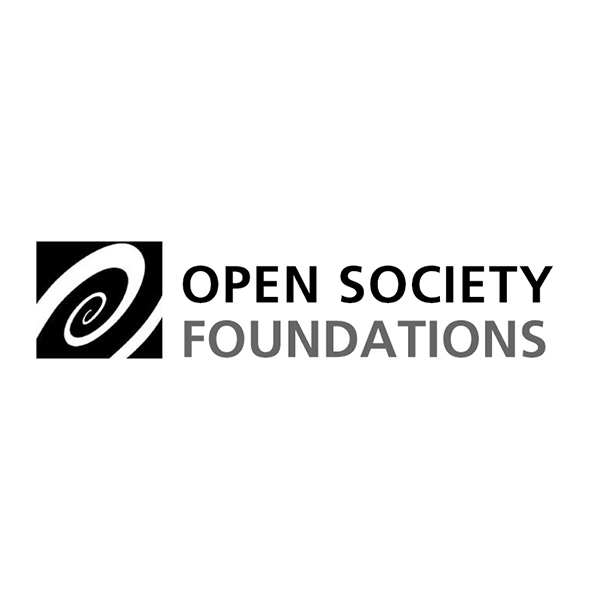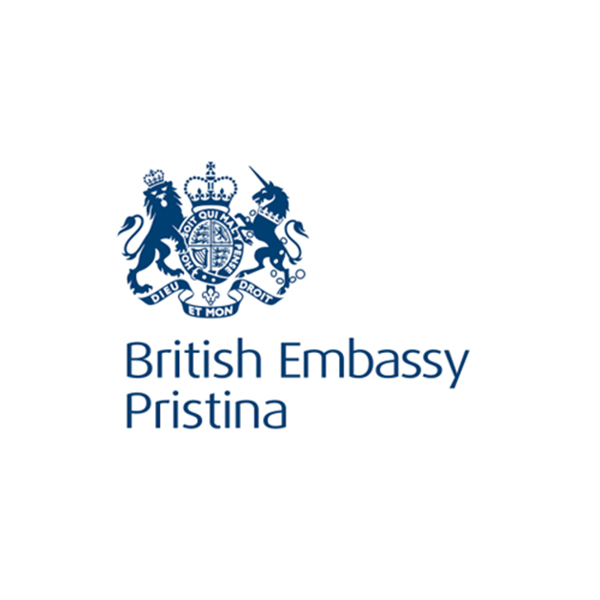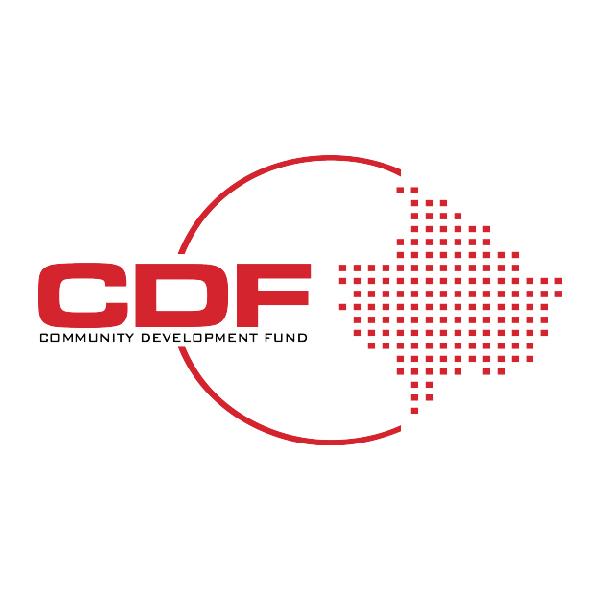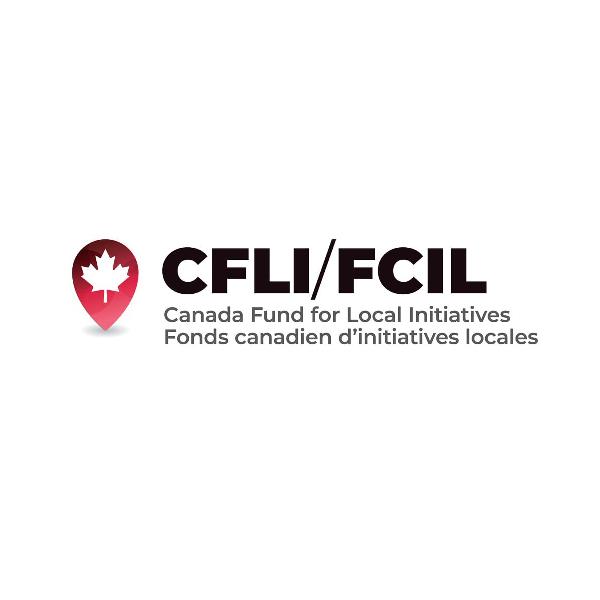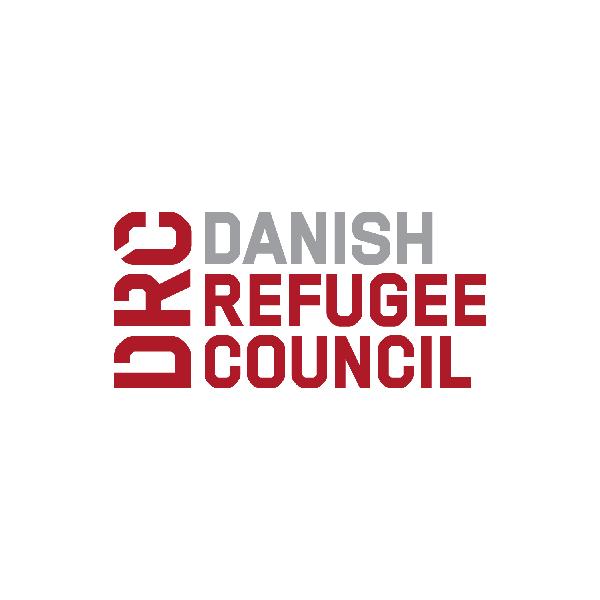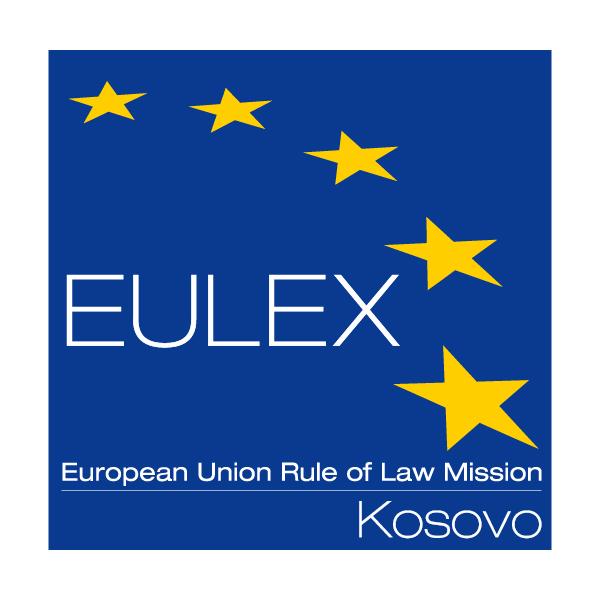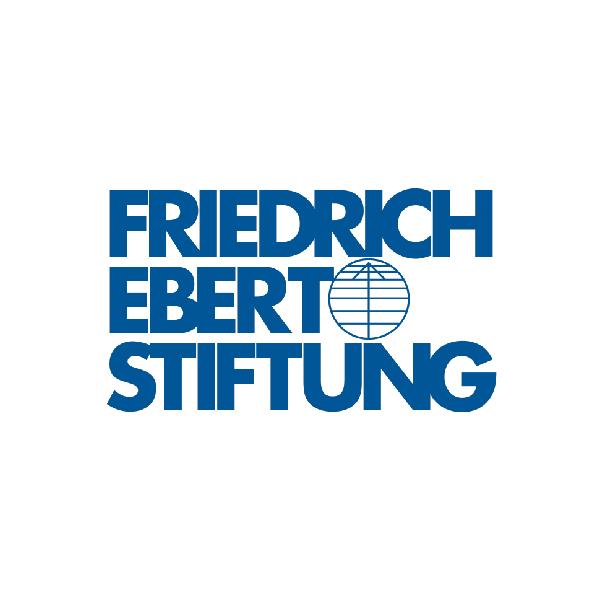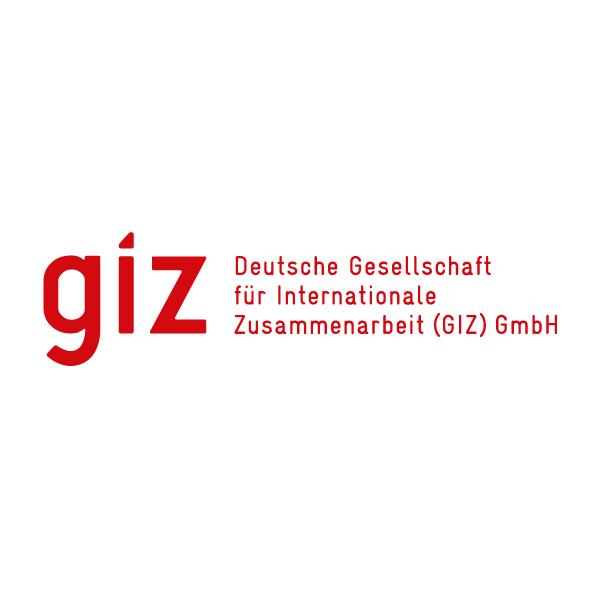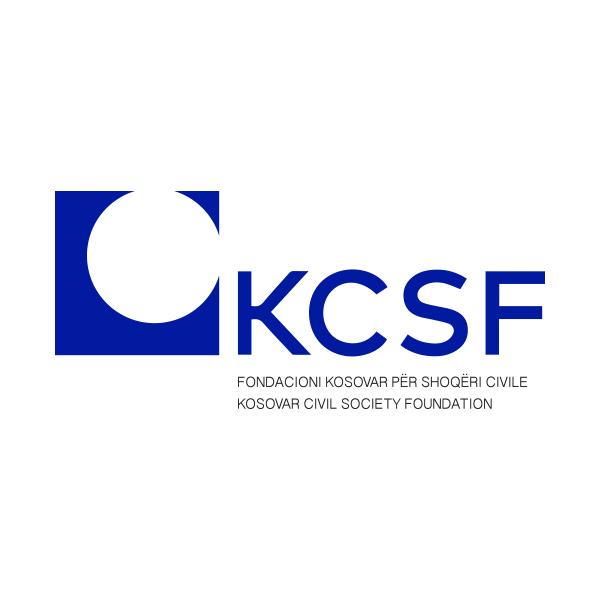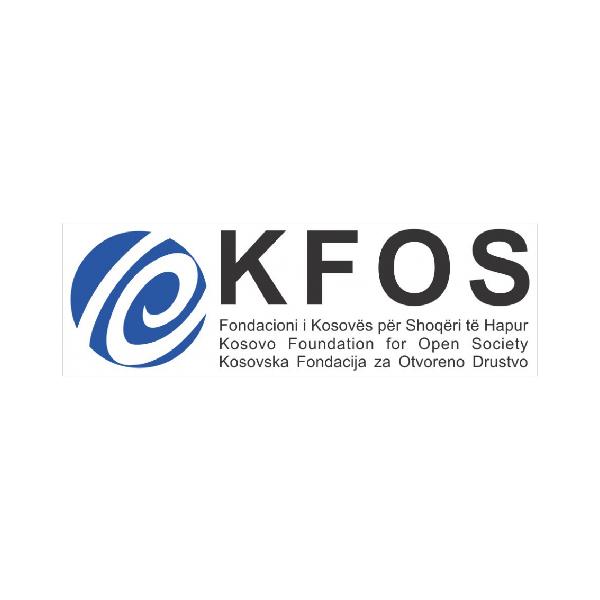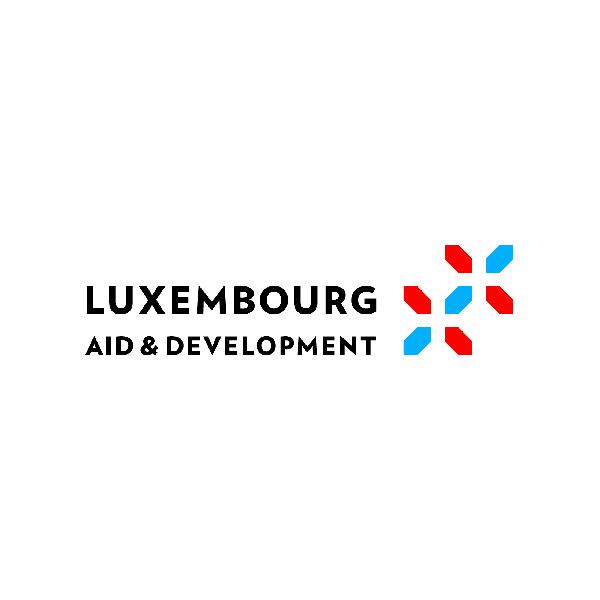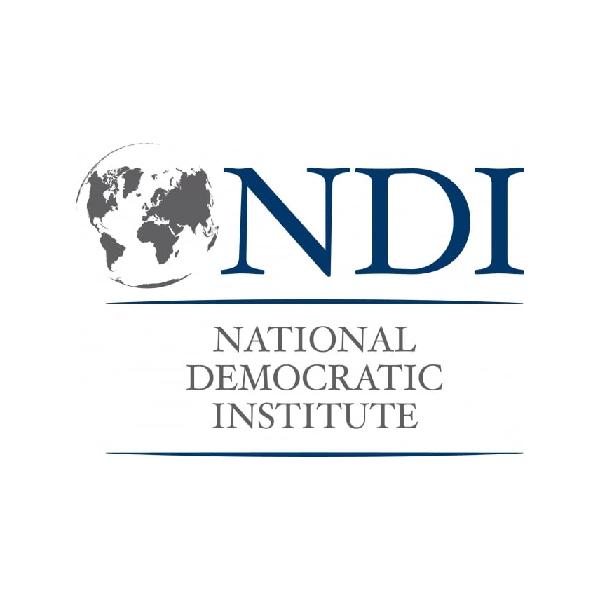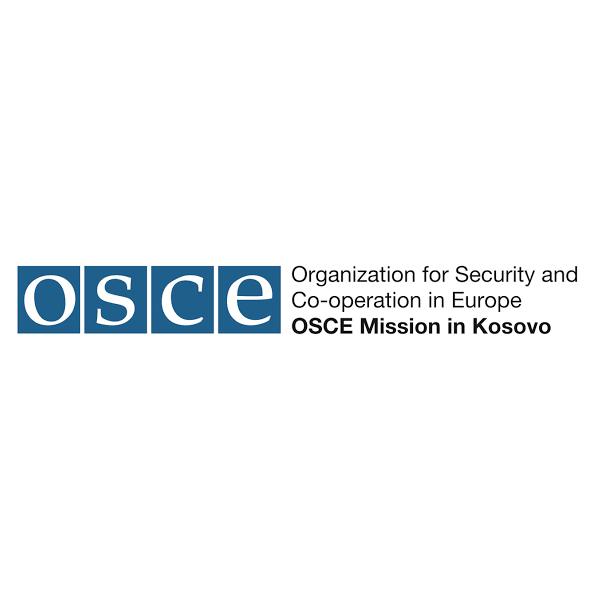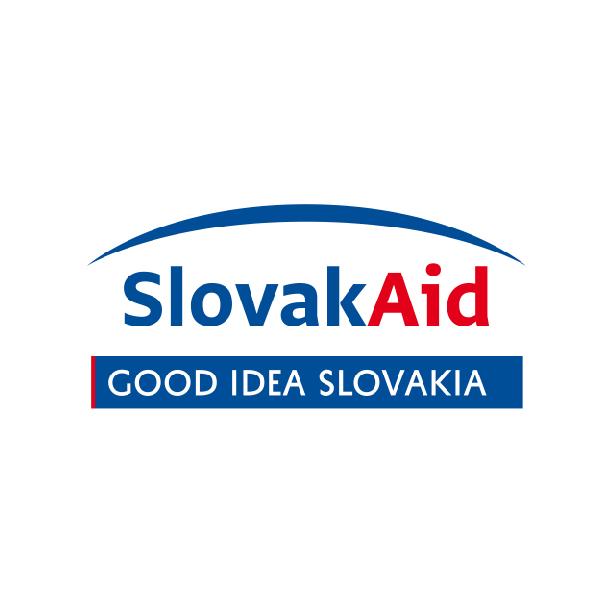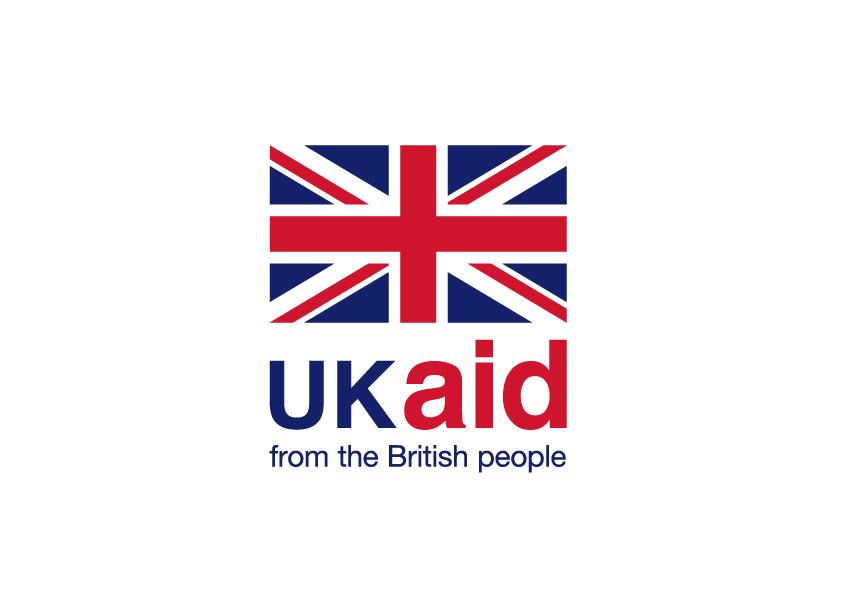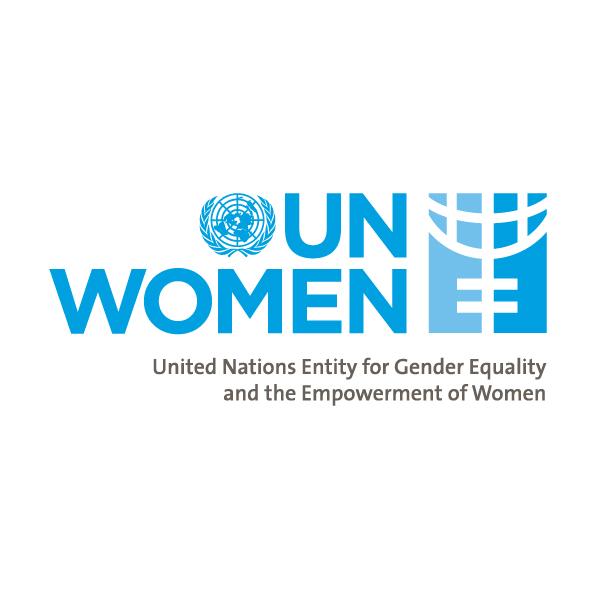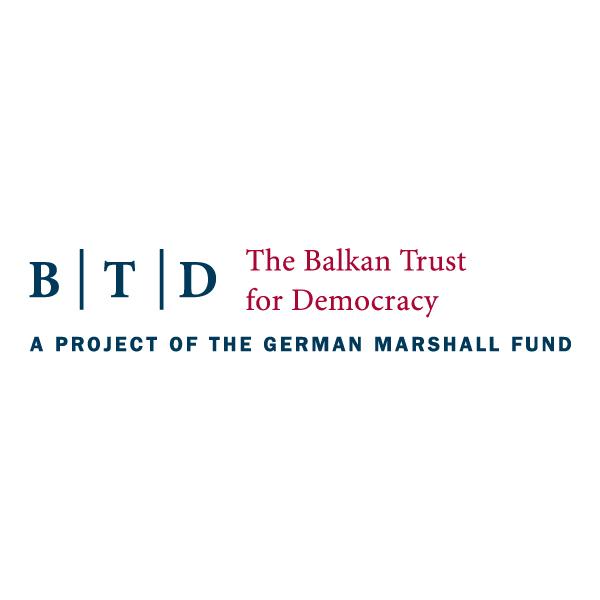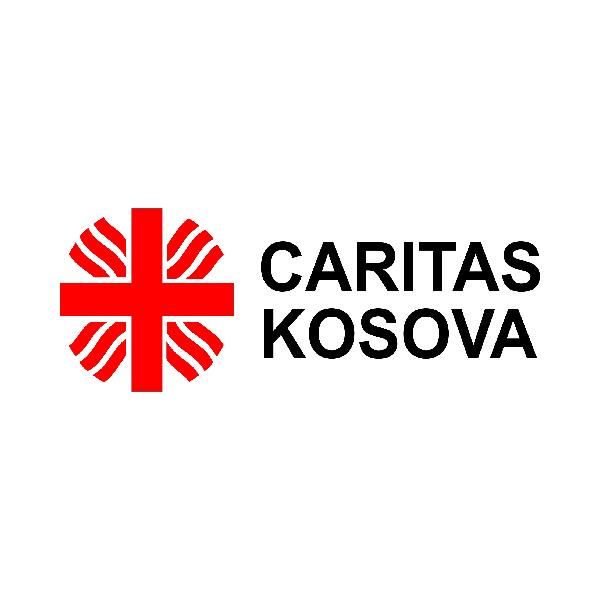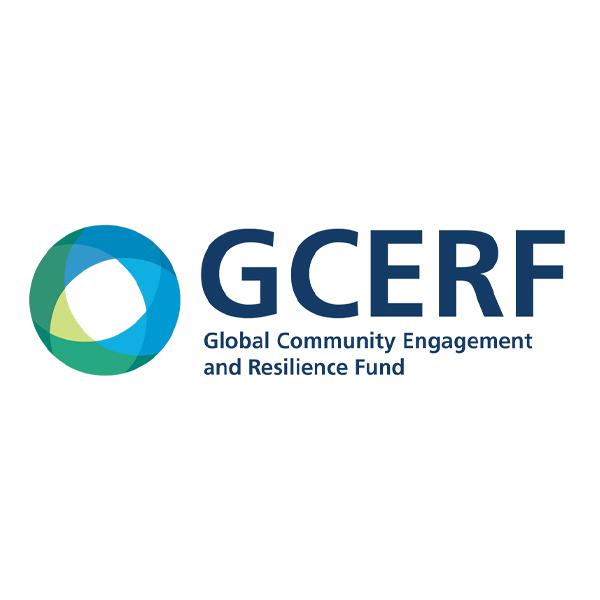Report on the situation of human rights in the north of Kosovo
Reporting period: February, 2024
In the last few months, there has been an increase in violence and inter-ethnic tensions in the north of Kosovo, along with a new wave of hate speech in traditional and social media, as well as alleged human rights violations by the Kosovo police under the pretext of fighting crime and enforcing the rule of law, leading to too many cases where residents become collateral damage of the mentioned events.
To document events that can serve as indicators of the current sociopolitical, security, and human rights situation in the north of Kosovo
Methodology
NGO Aktiv gathered information about possible cases of hate speech and human rights violations by monitoring media reports in Serbian and Albanian, as well as through direct interviews with local residents of four northern municipalities who reported human rights violations. The report relies on universally accepted terminology and definitions of human rights, as incorporated in the Universal Declaration of Human Rights (UDHR) and other relevant UN conventions and documents, the European Convention for the Protection of Human Rights and Fundamental Freedoms, as well as the applicable legislation of Kosovo regarding human rights and protection against discrimination, including hate speech.
General report on the situation of human rights in February 2024.
During the reporting period, NGO AKTIV noticed an uptick in cases and severity of such cases in which regular citizens, minority politicians, and LGBTQI+ people, were targeted.
The beginning of the year saw a rise in human rights violations and hate speech, triggered by government representatives’ actions in the north, deeming certain things inappropriate and removing them. This led to online hate speech from both Serbs and Albanians. Additionally, houses of returnees in the northern part of Mitrovica were vandalized, further fueling tensions on online platforms. Pamphlets from “Narodna Odbrana,” a citizens’ defense group, circulated in Mitrovica, instilling fear of renewed violence akin to past incidents in Banjska. NGOs and their representatives were also targeted in attacks.
This month has witnessed a disturbing increase in the targeting of NGOs, particularly those working with Serbs, although not exclusively limited to them.
Duda Balje President of the Commission for Human Rights
Since assuming the presidency, she has persistently displayed aggression towards LGBTQI+ rights, resorting to strong, hateful, and defamatory language. This reached a Culmination last month when NGOs demanded her resignation. In her purported defense of human rights, her own viewpoints which seemed not to be in line with human rights standards, prevailed over the interests of the LGBTQI+ community. This prompts consideration of whether human rights are selectively granted only to those who are privileged.
Center for Peace and Tolerance (CPT) follow up and aftermath
On January 31st, the police raided the offices of CPT in Pristina, initially alleging it was a spy base with operatives. However, the narrative swiftly shifted on the same day to claiming the offices were being used as an unauthorized ambulance service. CPT has vehemently refuted these claims, asserting that the only veracity to them is that doctors from local Serb municipalities visit to check the blood pressure and sugar levels of Serbs and other minority communities residing in Prishtina, as well as nearby policemen. CPT asserts its 20-year operational history in Kosovo, with its NGO’s establishment backed by UNMIK, Doctors Without Borders, and KFOR. These offices do not provide medical services but facilitate visits from doctors in Gracanica for health checks and referrals. They claim ownership of the space by the city, despite past attempts by the Kosovo Ministry of Internal Affairs to acquire it, intended for minority community use. Notably, the careless statements by Minister of Internal Affairs Xhelal Sveçla endanger CPT staff, their families, and visitors, needlessly causing fear and undermining one of the few safe spaces for discussion. Placing this space adjacent to the police station underscores the precarious position of minority communities in Prishtina. Minister Sveçla’s inflammatory rhetoric and baseless accusations against NGOs further endanger workers and erode trust in institutions, exacerbating hostility towards minority communities in Kosovo.CPT claims. Inflammatory rhetoric from positions of power is becoming more frequent, leading to a reduced sense of safety for everyone, which ultimately helps no one.
Besnik Bislimi and CSO’s
Members of the Working Group of the National Convention on the EU for Chapter 35 and a delegation of Serbs from Kosovo convened in Brussels recently. The purpose of this meeting was to address issues concerning the situation of Serbs in Kosovo. However, this gathering prompted a reaction from Besnik Bislimi, who criticized Lajčák for alleged unfairness in EU-led processes and accused NGO representatives present at the meeting of actively working against the integration of Serbs into institutions. This led to a wave of hatred on social media platforms towards Serbs and these specific NGOs.
The situation escalated further when Arbër Vokrri, the Deputy Minister of Local Administration, attended a meeting with EU representatives and the aforementioned NGO representatives in Brussels. Arbër Vokrri filmed this from his laptop and accused them of being individuals who live in Belgrade and only come to Kosovo to execute the orders of Serbian President Vucic. Both statements from the Deputy Prime Minister and Deputy Minister were met with criticism, notably from Viola Von Cramon, Quint, and Miroslav Lajčák. However, the damage was already done, evident from the comments on posts from representatives of Vetëvendosje, which were filled with hatred and support for these actions.
These comments have sparked anxiety and fear among many, particularly those working in these NGOs who are dedicated to promoting integration and positive civic energy. This situation creates an atmosphere of fear and diminishes enthusiasm for continuing to work or live in Kosovo, not only for this specific group but also for others who are rapidly losing trust in institutions, especially Serbs. This worrisome pattern of hostility towards the EU and NGOs raises concerns about potential human rights violations in the future.
Issues that arose after CBK’s Decision regarding currency
On February 1st, the Central Bank of Kosovo (CBK) announced the Euro as the sole legal currency in Kosovo, coinciding with the closure of NLB Komercijalna bank, the only institution authorized to handle the Serbian Dinar transported via the UK-based Henderson company. These developments sparked panic among locals reliant on pensions, social support, student tuition, and many others from Serbia. Access to funds became problematic as traditional channels like post office check claims lacked Dinars, while Postanska Stiedionica bank’s Dinar-exclusive cards proved useless outside Serbia. Those with NLB Komercijalna bank accounts possessing VISA/Mastercard debit cards could use ATMs of NLB bank in operating in the Kosovo system but these accounts are uncommon.
Further complicating matters, the government’s actions prompted bank rushes and initial fund shortages, exacerbated by halted Dinars convoys at ABL. The presence of Postanska Stedionica in Kosovo is limited and exists only in Mitrovica, Zvečan, Leposavic, and Zubin Potok which is not helping people who live south of Ibar. Withdrawal limits, around 100 euros or 10,000 dinars per day, added to frustrations. Some stories were circulating at the beginning of February Euro withdrawals from Dinar-operating banks, although unconfirmed.
Amidst this, political instability fueled by half-truths from political leaders added to the populace’s anxiety. Instances of misleading statements are evident when political leaders assert minimal changes in certain decisions and claim widespread approval, such as in the case of the adoption of the Euro. They also suggest that Serbs can freely utilize banks within the Kosovo system or open accounts, despite the reality often being different. For example, to open a bank account, individuals typically need a contract with a firm registered in Kosovo, which poses challenges for pensioners who don’t have such contractual options. And don’t receive their pensions from Kosovo.
Questions arose regarding the decision’s legality, given CBK’s lack of legislative authority. Trust in institutions plummeted, affecting both Serbian and other non-majority communities and some Albanians as well. The decision disproportionately impacted marginalized groups, predominantly minorities reliant on Dinars, exacerbating their financial strain. Accessibility challenges, especially for those unable to afford trips to Raska, compounded their plight, hindering their ability to exercise basic human rights.


